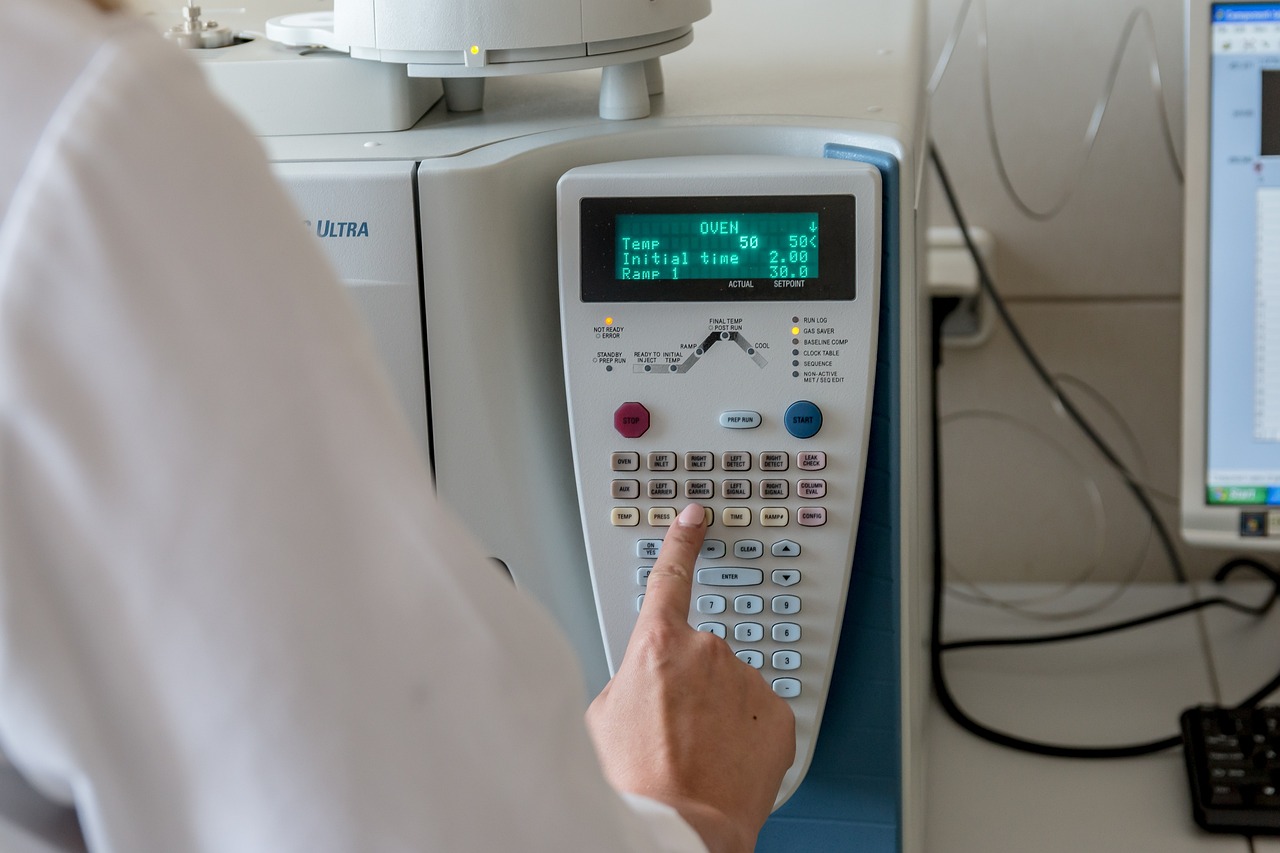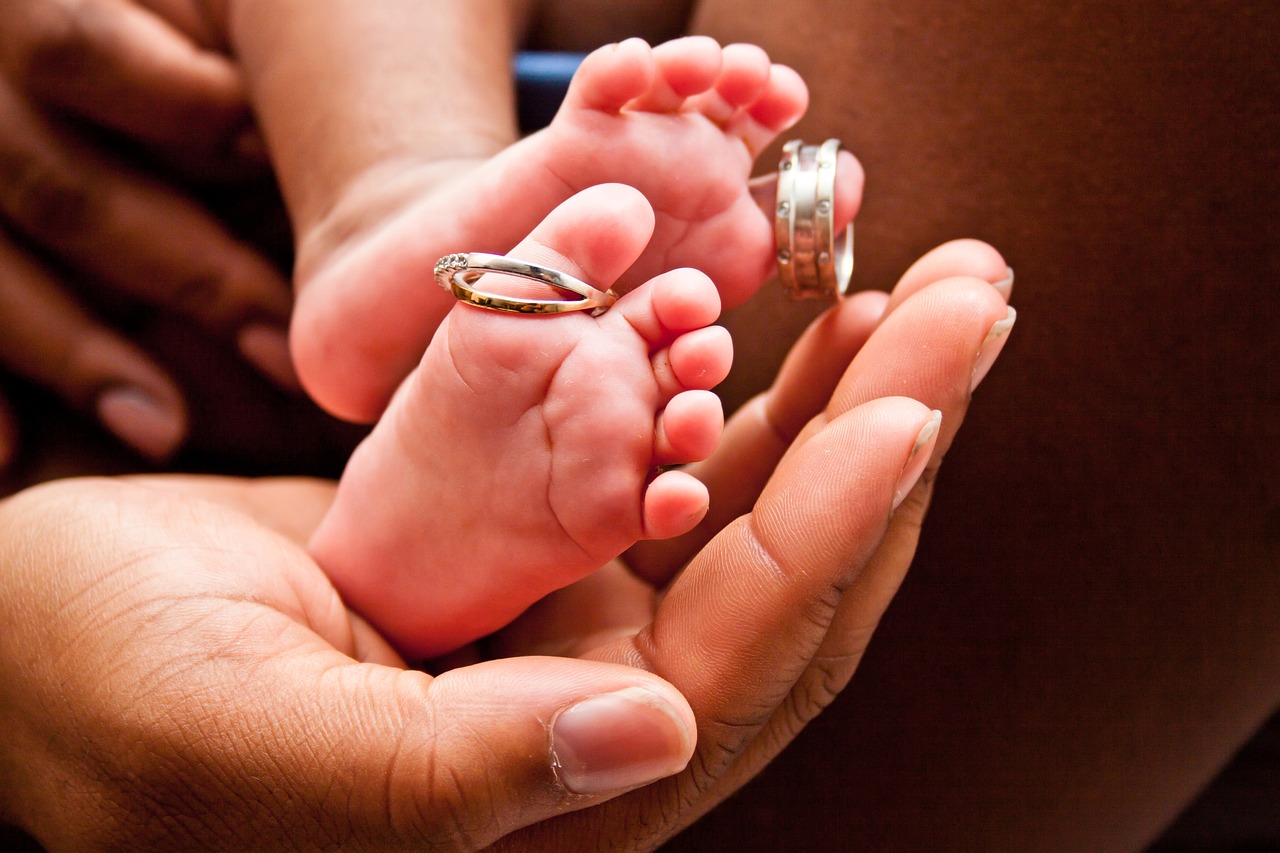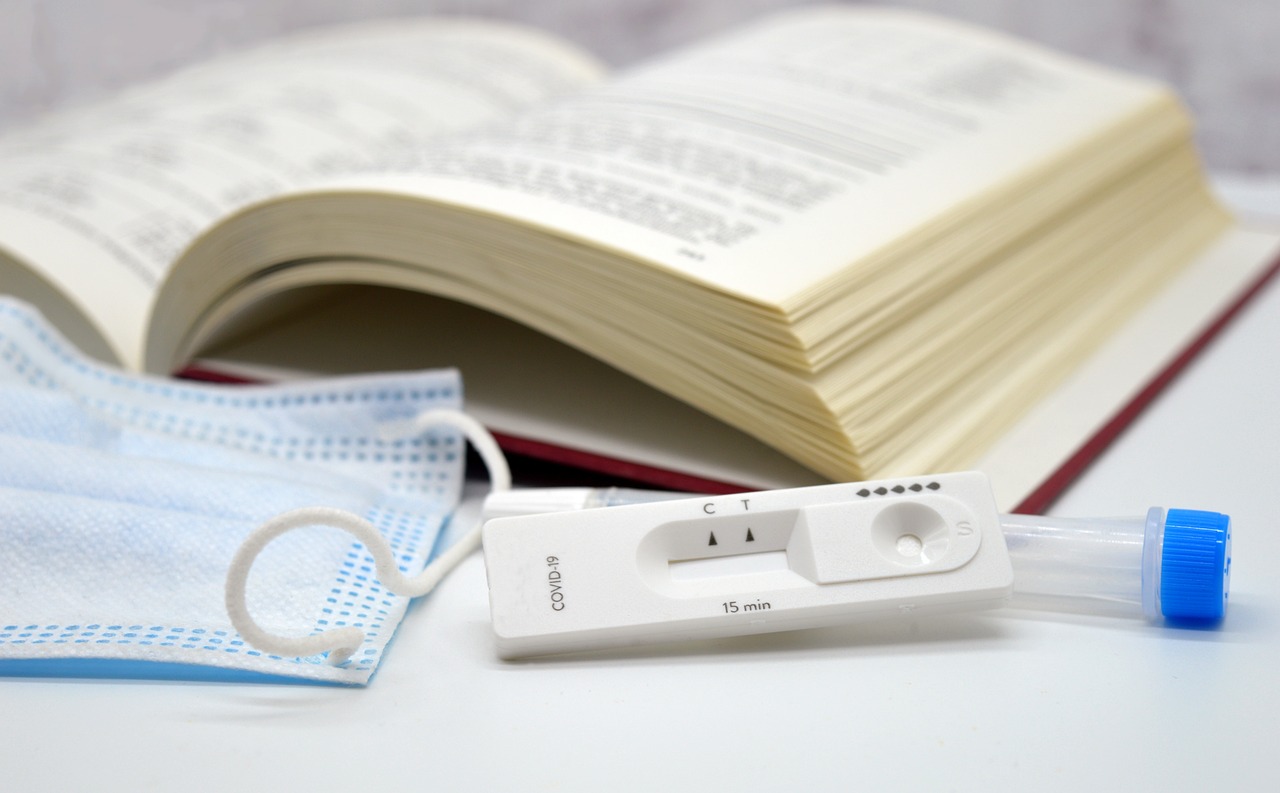Spotting can be a perplexing occurrence for many women, especially when it comes to determining the right time to take a pregnancy test. Understanding the relationship between spotting and pregnancy tests is crucial for accurate results and peace of mind.
When considering how long after spotting to take a pregnancy test, timing is of the essence. It is essential to wait for the optimal period to ensure the reliability of the results. This timeframe can vary based on individual hormonal levels and the sensitivity of the test being used.
Interpreting the results of a pregnancy test taken after spotting requires careful consideration. Different outcomes can provide valuable insights into your reproductive health. A positive result may bring joy and excitement, while a negative result could prompt further investigation.
Several factors can influence the accuracy of a pregnancy test following spotting. Hormonal fluctuations, the quality of the test, and the timing of the test all play a role in determining the reliability of the results. Understanding these variables is essential for informed decision-making.
Seeking guidance from a healthcare provider is advisable after experiencing spotting and taking a pregnancy test. Professional advice can offer clarity and support during this potentially stressful time. Consulting a doctor can help address any concerns and provide necessary guidance moving forward.
Managing emotions while awaiting pregnancy test results after spotting is crucial for overall well-being. Coping strategies and self-care tips can help alleviate anxiety and uncertainty during this waiting period. Taking care of your mental and emotional health is just as important as monitoring physical symptoms.

Understanding Spotting and Pregnancy Tests
Spotting can be a perplexing experience for many women, especially when trying to decipher its connection to pregnancy tests. Unlike a regular menstrual flow, spotting is often lighter and shorter in duration, making it challenging to determine its significance. When it comes to understanding spotting and pregnancy tests, it’s essential to grasp the timing and nuances involved.
One key aspect to consider is when to take a pregnancy test after spotting. The timing is crucial to ensure the test’s accuracy and avoid potential misinterpretations. Taking a test too early or too late can yield unreliable results, leading to unnecessary stress and confusion. By knowing the ideal timeframe for testing after spotting, you can navigate this sensitive situation with more clarity.
Interpreting the results of a pregnancy test after spotting is another critical factor. Different outcomes can signal varying possibilities regarding your reproductive health. Understanding what a positive, negative, or inconclusive result means in the context of spotting is vital for making informed decisions about your next steps.
Factors such as hormonal fluctuations and test sensitivity can influence the accuracy of pregnancy tests taken after spotting. These variables can impact the reliability of the results, underscoring the importance of considering various factors that may affect the test’s outcome.
Seeking guidance from a healthcare provider is advisable after experiencing spotting and taking a pregnancy test. Professional medical advice can offer clarity and support during this uncertain time, helping you navigate the complexities of interpreting test results and addressing any concerns.
Managing emotions and well-being while awaiting pregnancy test results after spotting is crucial for overall mental health. Coping strategies and self-care tips can help alleviate anxiety and promote a sense of calm during this period of anticipation.

Timing Matters: When to Test After Spotting
Spotting can be a perplexing occurrence for many women, often leading to questions about the right time to take a pregnancy test. It’s crucial to understand that spotting is different from a regular menstrual cycle and may require a different approach when it comes to testing for pregnancy. So, when exactly should you take a pregnancy test after experiencing spotting?
Timing is essential when it comes to testing for pregnancy after spotting. To ensure the most accurate results and avoid potential false negatives, it’s recommended to wait at least a week after the spotting occurs before taking a pregnancy test. Testing too early can lead to unreliable results and unnecessary anxiety.
Here are some key points to consider regarding when to test after spotting:
- Wait for at least a week after spotting before taking a pregnancy test.
- Testing too early can result in false negatives.
- For the most accurate results, consider using a sensitive early detection pregnancy test.
By waiting for the optimal time frame to take a pregnancy test after spotting, you increase the likelihood of receiving reliable results that reflect your true pregnancy status. Remember, patience is key when it comes to this waiting game.

Interpreting Test Results After Spotting
When it comes to interpreting test results after spotting, it’s essential to understand the potential outcomes and what they signify for your reproductive health. Here are some key points to consider:
- Positive Result: A positive pregnancy test after spotting typically indicates that you are pregnant. However, it’s crucial to confirm the result with a healthcare provider for further evaluation and guidance.
- Negative Result: A negative test result post-spotting may suggest that you are not pregnant. Keep in mind that certain factors, such as testing too early or using a low-sensitivity test, can lead to false negatives.
- Evaporation Lines: Sometimes, an evaporation line may appear on a pregnancy test after the designated reading time, which can be mistaken for a positive result. It’s important to read the test results within the specified timeframe to avoid misinterpretation.
- Repeat Testing: If you receive a negative result but suspect you may be pregnant due to ongoing symptoms or irregularities, consider retesting after a few days or consulting a healthcare provider for further assessment.
- Consultation: Regardless of the test outcome, it’s advisable to consult with a healthcare provider to discuss your results, address any concerns, and receive appropriate care or guidance based on your individual circumstances.

Factors Affecting Test Accuracy Post-Spotting
When it comes to determining the accuracy of a pregnancy test after spotting, several factors come into play. These factors can influence the reliability of the test results and provide insight into your reproductive health. Understanding these variables is crucial for interpreting the outcomes correctly. Let’s delve into the key factors affecting the accuracy of pregnancy tests taken post-spotting:
- Hormonal Fluctuations: Hormonal changes in your body can impact the reliability of a pregnancy test after spotting. Fluctuations in hormone levels may affect the sensitivity of the test, leading to potential false negatives or positives.
- Timing of Test: The timing of when you take a pregnancy test after spotting can also affect its accuracy. Testing too early or too late in your cycle may yield unreliable results, as the levels of pregnancy hormones may not be detectable yet.
- Test Sensitivity: Different pregnancy tests have varying levels of sensitivity to the pregnancy hormone hCG. Some tests may be able to detect lower levels of hCG earlier than others, impacting the accuracy of the results.
- Underlying Health Conditions: Certain medical conditions, such as polycystic ovary syndrome (PCOS) or thyroid disorders, can influence the accuracy of pregnancy tests post-spotting. These conditions may interfere with hormone levels and affect test results.
Considering these factors when taking a pregnancy test after spotting is essential for obtaining reliable results. It’s advisable to consult with a healthcare provider if you have concerns about the accuracy of the test or if you experience any unusual symptoms. By understanding the variables that can affect test accuracy, you can make informed decisions regarding your reproductive health.

Consulting a Healthcare Provider
When it comes to after experiencing spotting and taking a pregnancy test, it’s essential to prioritize your reproductive health and well-being. Seeking professional medical advice can provide you with the necessary guidance and support during this potentially uncertain time. Here are some key points to consider:
- Schedule a Consultation: If you have experienced spotting and are unsure about the results of your pregnancy test, it’s advisable to schedule an appointment with your healthcare provider. They can assess your situation, address any concerns, and recommend appropriate next steps.
- Discuss Your Symptoms: During your consultation, make sure to communicate openly about your symptoms, including the timing and nature of the spotting, as well as any other relevant details. This information can help your healthcare provider make an accurate assessment.
- Receive Professional Guidance: Your healthcare provider can offer expert advice on interpreting your pregnancy test results, understanding the implications of spotting, and determining the best course of action based on your individual circumstances.
Remember that healthcare providers are trained professionals who can offer valuable insights and support regarding your reproductive health. By consulting a healthcare provider after spotting and taking a pregnancy test, you can gain clarity, reassurance, and personalized care to navigate this sensitive situation effectively.

Emotional Well-being During the Wait
Waiting for the results of a pregnancy test after spotting can be an emotionally charged time. The uncertainty and anticipation can take a toll on your well-being. It’s important to prioritize your emotional health during this period. Here are some strategies to help you navigate the wait:
- Stay Positive: While it’s natural to feel anxious, try to maintain a positive outlook. Surround yourself with supportive and understanding individuals who can uplift your spirits.
- Practice Self-Care: Engage in activities that help you relax and de-stress. Whether it’s taking a warm bath, going for a walk in nature, or practicing mindfulness, self-care is essential for your emotional well-being.
- Seek Distractions: Keeping yourself occupied with activities you enjoy can help distract you from constantly thinking about the test results. Dive into a good book, watch a movie, or spend time on a hobby.
- Communicate: Share your feelings with a trusted friend or family member. Talking about your emotions can provide relief and offer a different perspective on the situation.
- Avoid Dr. Google: While it’s tempting to search for answers online, avoid excessive Googling about pregnancy symptoms and test results. This can lead to unnecessary stress and misinformation.
Remember, it’s normal to experience a range of emotions during this waiting period. Be kind to yourself, practice patience, and focus on taking care of your mental well-being. Seeking professional support if you feel overwhelmed is always a proactive step towards maintaining your emotional health.